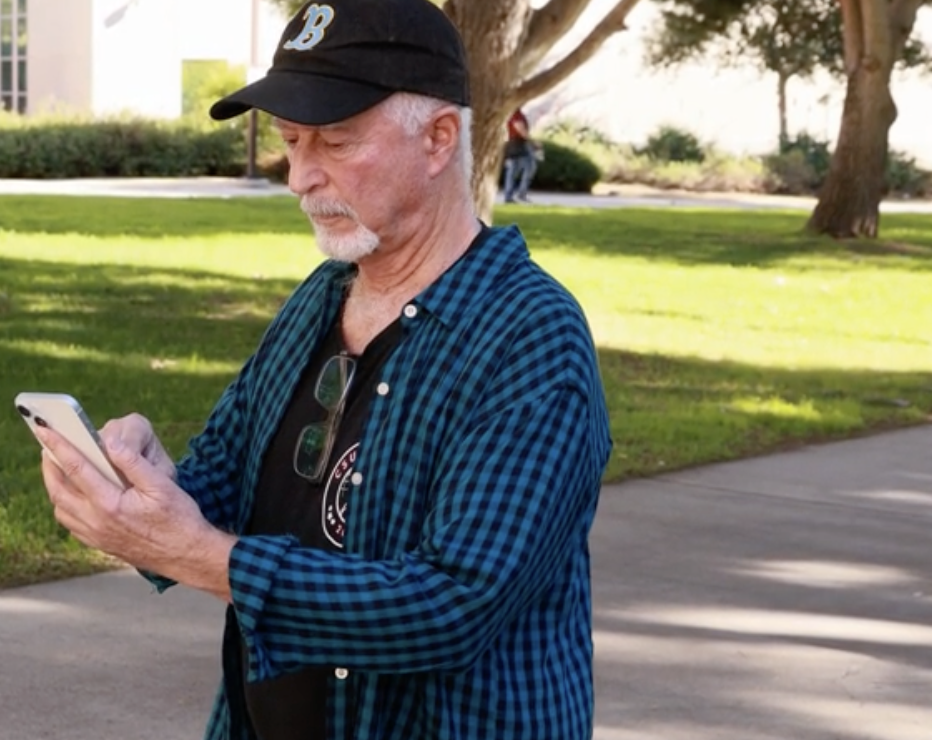
Two Los Angeles men pleaded guilty Wednesday to federal criminal charges for defrauding banks and credit unions out of at least $2.7 million by depositing checks stolen from the mail into bank accounts belonging to accomplices they recruited through Instagram.
Carlos Corona, 36, of South Los Angeles, and Jose Luis Edeza Jr., 31, of Sunland, pleaded guilty in downtown Los Angeles to one count of conspiracy to commit bank fraud and one count of aggravated identity theft, according to the U.S. Attorney's Office.
Prosecutors said that from October 2020 to last August, Corona, Edeza and other co-conspirators engaged in a scheme that involved the theft of checks from the mail, including some that were taken from collection boxes outside post offices. The perpetrators would then solicit account holders through social media to provide their debit cards and bank account information, promising them a cut of any stolen funds deposited into their accounts.
Get top local stories in Southern California delivered to you every morning. >Sign up for NBC LA's News Headlines newsletter.
Corona, Edeza and others exchanged the bank account holders' information, then deposited the stolen checks into the bank accounts. In most cases, the stolen checks were falsely endorsed in the original payee's name, prosecutors said, but in some cases the checks were altered to make the payee name correspond to the bank account into which the checks were being deposited.
The defendants would then make cash withdrawals, electronic transfers or debit card purchases to drain the money from the accounts.
During the scheme, Corona and Edeza intended to cause at least $5.3 million in losses to the banks and credit unions and caused actual losses to lenders of at least $2.7 million, according to the U.S. Attorney's Office.
U.S. District Judge John F. Walter scheduled July 8 sentencing hearings for Corona and Edeza, both of whom face up to 30 years in federal prison for the bank fraud conspiracy count and a mandatory two-year consecutive prison sentence for the aggravated identity theft count.



